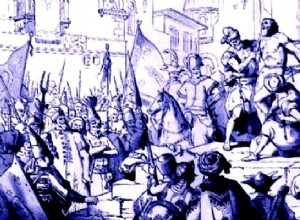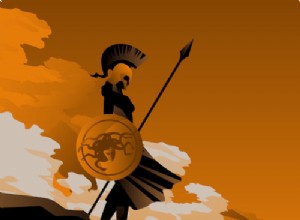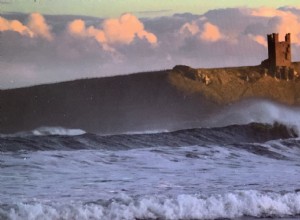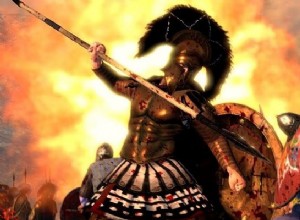After the death of Suleiman the Magnificent, the new Sultan Selim II, immediately after ascending to the throne, decided to campaign against the Venetian-occupied Cyprus. On July 1, 1570, the Turkish armada rushed to the bay of Paphos and the next day the Turkish troops landed in Limassol, without e




